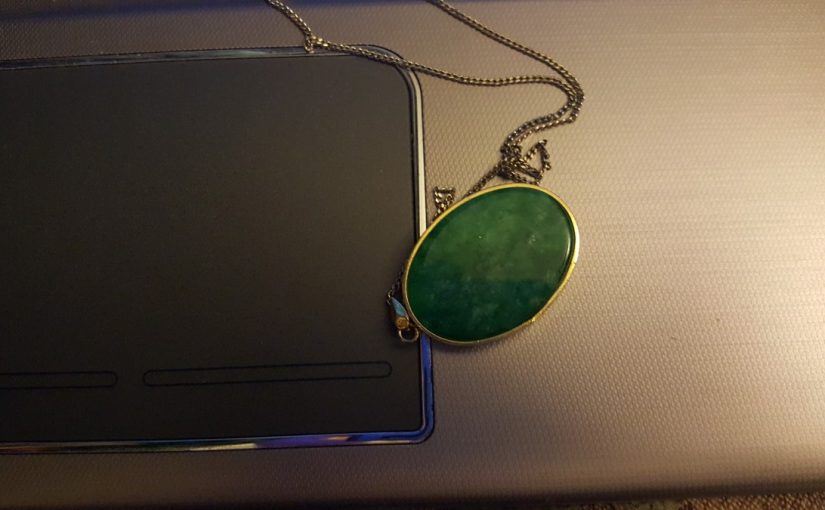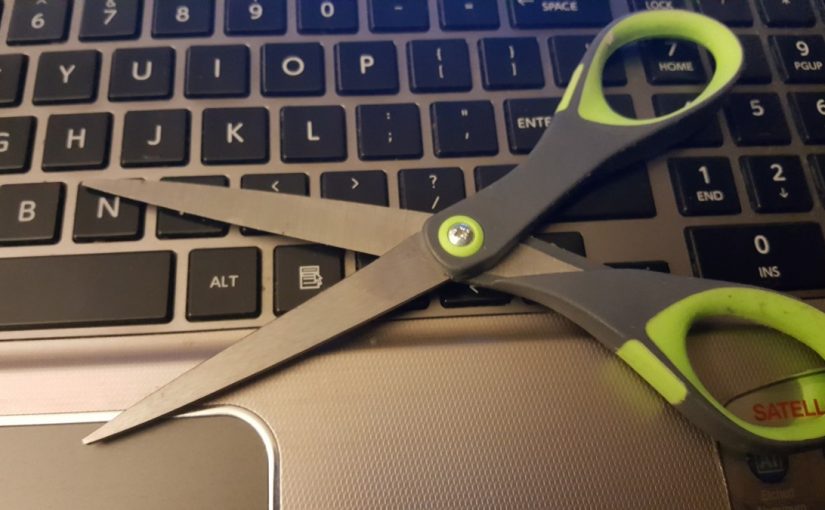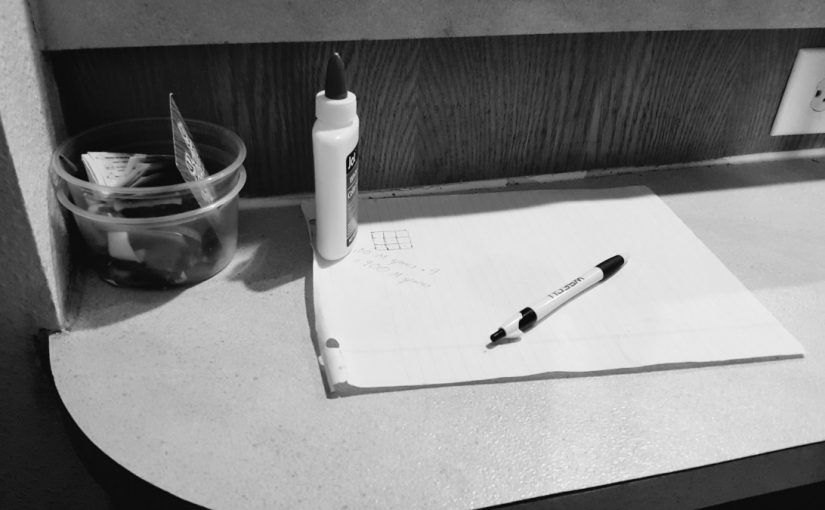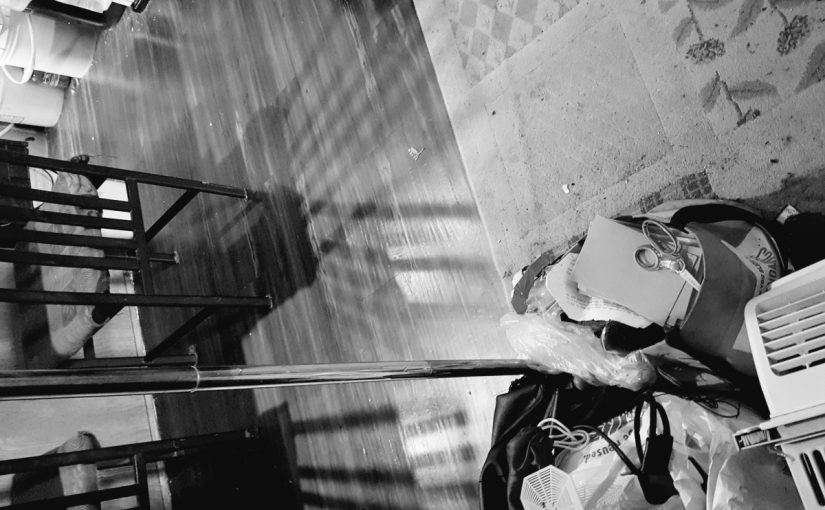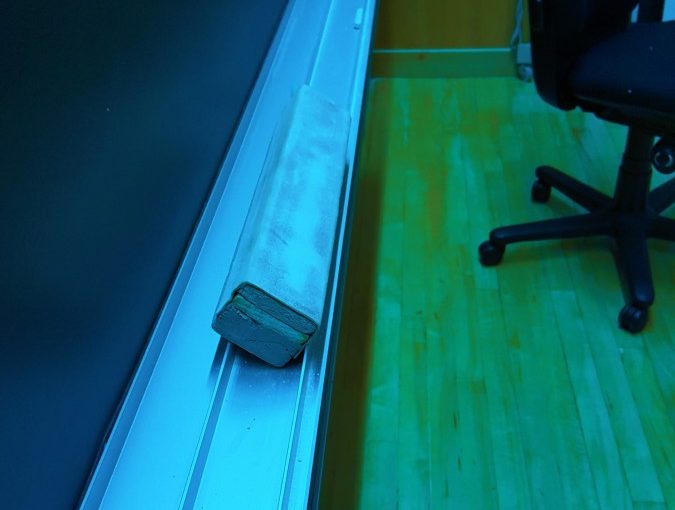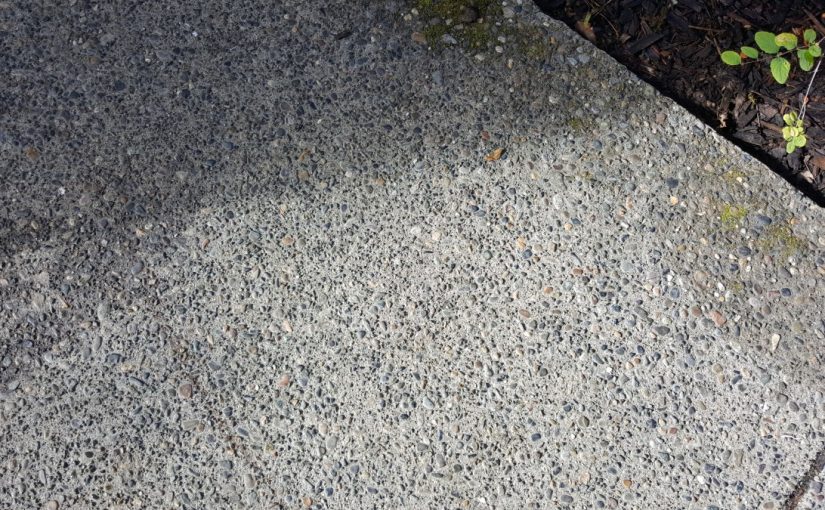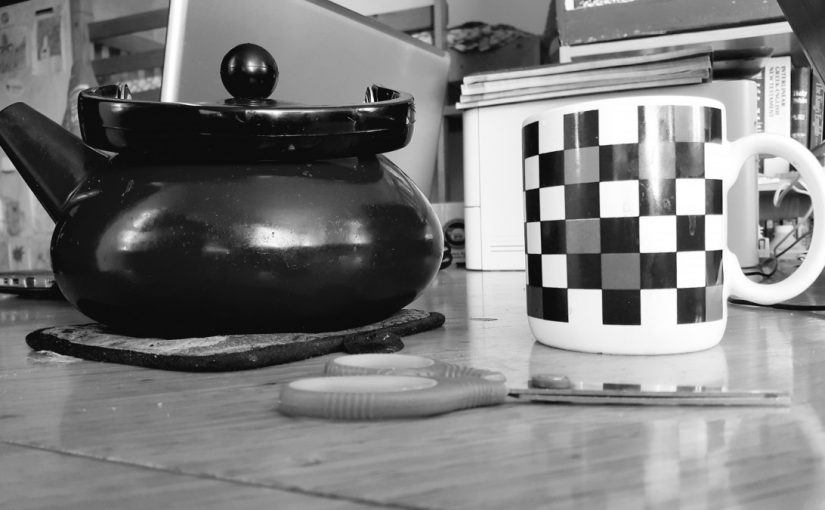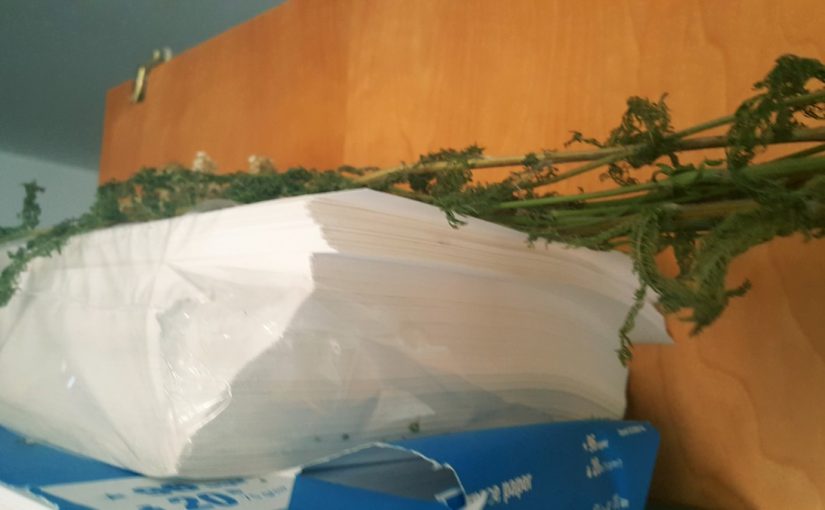Fusion food is something that I have found is just the food that I cook and eat. I do not think of it necessarily as being a mix of different peoples ideas of what is good I just think of it as different ways to make what I am making more yummy. I can’t stand boring food. I hate the idea of falling into a routine of always having the same thing every day for food, and even when it comes to the dishes I cook, I almost never cook the same thing twice. The idea that food is some how a result of one specific ethnic group is an idea that I some how missed or forgot at some point. Even when I cook things that are traditional dishes from one place or another, I can’t just keep with the ingredients from there, I add in things form all over the place. Take my spaghetti for instance. It was always a very non traditional spaghetti, I like to add things like Tarragon, and Thyme and Sage along with the more traditional spices of oregano and Basel. Then I favor malt vinegar over balsamic vinegar, I add Worcester sauce. And its not complete with out soy sauce and/or teriyaki sauce. It just does not taste right with out it. I also usually add some other exotic (to Italy) spices. Nothing is pure Italian about my Italian cooking.
But my “Asian” food is no better. I add oregano to my teriyaki sauce, and red wine to make a vegetable dish with Italian noodles instead of rice. I add Mexican spices like cilantro and chilies (chipotle or Jalapenos) to it too. This is not pure Asian food any more then the Italian food is pure Italian.
Jazz is the same way. There is the beet, which can come from African music, or from Latin music and then melody that uses the pentatonic scale, which is what a significant portion of Asian music is based off of. The melodic sounds that we associate with Asian music forms are from the pentatonic scale, which is also the basis of blues and jazz. While there are other people who use these scales in the world (lots of them) it is interesting to note how this connection is always left out of the conventional history’s of jazz. The art for its self is so broad that it seams crazy to do so. And yet it is.
In one of the sources that I have for this topic there is a discussion of how labeling things as jazz is a means of labeling it as undesirable. As some how being not a part of main stream American music. (Lee 71-72) I have to admit, I could see how this is a viable idea. Jazz as a genre is so broad that I have often wondered why it is all considered related. Sometimes there are stylistic relations, and it is clear why a piece has been grouped as jazz, and other times its not really clear why this is jazz and not something else. The accusation is that this label is used as a means of racial segregation. (Lee 71-72) And I could see it. The thing is that historically Jazz has been labeled as a music of rebellion, a music of America, a music of mixed heritage and origins. It is inherently minority, even when it is representative of the majority. The idea being that it is some how tainted by its mixed origins, and thus is the landing place for artists who don’t fit the mold-aka are not white but are writing music that is associated with whiteness.
The question becomes, why this acceptance of a mixing of origins in food as a positive attribute but in music as some how negative or not worth appreciating? Why is the acknowledgment of the mixing a thing in food? Why are the AAPIA origins/contributions not appreciated in Jazz? The history is there, Jazz shows the influences, and there are even artists who have been doing “jazz” that fuzzes the sounds of Asian music with the sounds of jazz. And yet, it is not a part of the history and stories that I learned. I did not learn about this part of jazz in school. I learned that it was a black and white fusion. There was no brown or red contributions to the roots. Which in retrospect is absurd.
Lee, Daniel Y. “Don’t Call It Jazz: An Interview With Vijay Lyer.” Asian American Policy Review, vol. 26, 2016, pp. 70-75, Ethnic NewsWatch, https://evergreen.idm.oclc.org /loginurl=https://searchproquestcom.evergreen.idm.oclc.org/docview/1898059508?accountid=11199.
